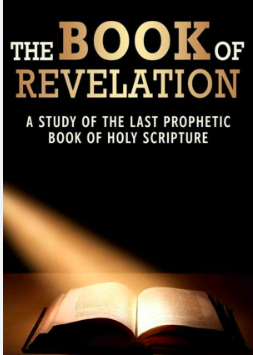Christian interpretations of the Book of Revelation, the final book of the New Testament, vary widely based on theological traditions, historical contexts, and individual perspectives. However, several predominant approaches and themes have emerged:
- Preterist Interpretation: Preterists believe that much of the content in the Book of Revelation was fulfilled in the early history of the Christian church or in the first century AD. They see the prophecies as describing events that were relevant to the original audience, especially concerning the persecution under the Roman Empire.
- Historicist Interpretation: Historicists view the Book of Revelation as providing a broad overview of church history from the time of John’s writing up to the end times. They often identify various symbols and events in the book with specific historical periods or figures, aiming to trace a continuous timeline of events.
- Futurist Interpretation: Futurists believe that much of Revelation’s content will be fulfilled in the future, particularly concerning the end times and the second coming of Christ. They interpret many of the book’s prophecies as yet to be realized, emphasizing events such as the rise of the Antichrist, the Great Tribulation, and Christ’s ultimate victory.
- Idealist or Symbolic Interpretation: Idealists, also known as symbolic or spiritual interpreters, understand the Book of Revelation as conveying timeless truths about the ongoing spiritual struggle between good and evil. They see its imagery and symbols as representing broader spiritual principles rather than specific historical or future events.
- Millennial Views: Within Christian eschatology (study of end times), various views exist regarding the thousand-year reign of Christ mentioned in Revelation 20:1-6. These views include Premillennialism (Christ’s return before a literal thousand-year reign), Postmillennialism (Christ’s return after a figurative thousand-year period, often seen as a golden age of Christian influence), and Amillennialism (a symbolic or spiritual interpretation of the millennium).
- Themes of Victory and Hope: Across different interpretative frameworks, many Christians find themes of victory, hope, and God’s ultimate sovereignty in the Book of Revelation. Despite its mysterious and often challenging imagery, the book emphasizes that God is in control, Christ is victorious over evil, and believers can have hope amid trials.
It’s essential to recognize that the Book of Revelation has been a subject of scholarly debate and interpretation for centuries. Different Christian denominations and theologians may hold diverse views or combine elements from multiple interpretative approaches. Ultimately, the interpretation of Revelation often reflects broader theological commitments, historical contexts, and personal convictions within Christian communities.
